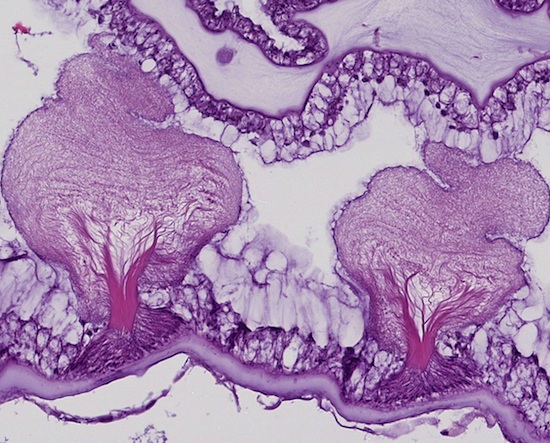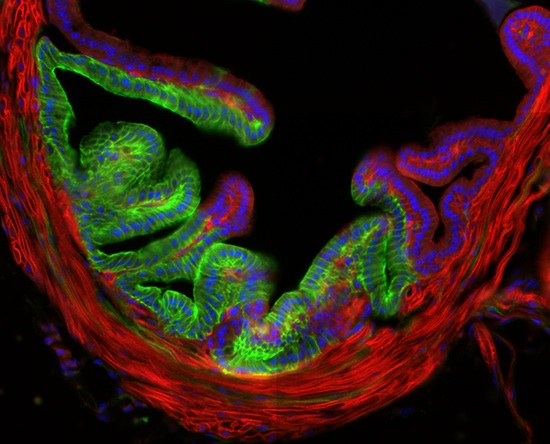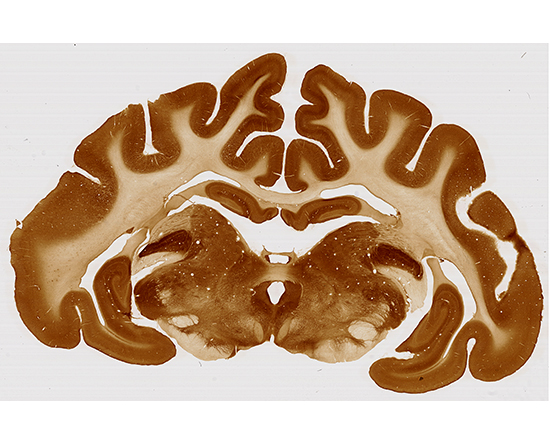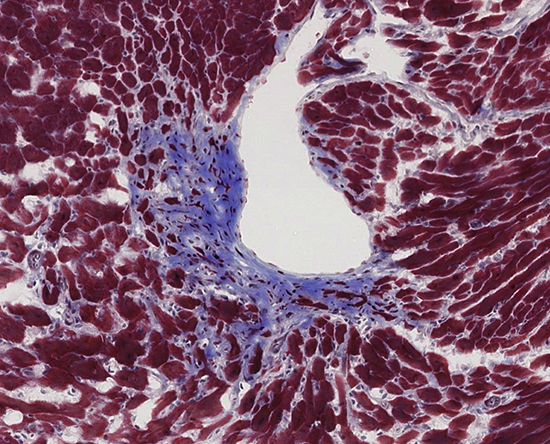 ALERT
ALERT * * * Important Update for iLab Users * * *
Migration Status: The support system migration has been paused. As of now, we do not have an exact date for when the migration will continue and timing is still to be determined. We will provide updates here as soon as possible.
The ‘Help’ link in iLab now redirects to ilab-support@agilent.com as part of our support system transition. For full details, please refer to our Help Site article Submit and Track Support Requests in the Portal.
Upcoming Holiday Closure: In observance of a holiday, Agilent CrossLab/iLab Operations Software Support Help Desk will be closed during U.S. hours on Monday, January 19th, 2026. During this time, support in the U.S. and Canada will be unavailable. APAC and EU Support will remain open as normal. For urgent matters, please add "Urgent" to your ticket/email subject or press "1" when prompted to escalate a call on the iLab Support phone, and we will prioritize those requests first.
The Digital Histology Shared Resource provides large-scale digital archiving and quantitative analysis of histologic, immunohistochemical and immunofluorescence staining of tissue sections and tissue microarrays and houses an array of sofisticated whole slide imaging platforms:
Aperio Versa 200 (Leica/Aperio) Automated Slide Imaging System for bright field and fluorescence whole-slide imaging. This platform holds up to 200 slides per batch; has 6 separate filter channels: DAPI, Cy2, Cy3, TxRed, Cy5, and Cy7. It is the ideal system for rapid, automated, and consistent whole-slide imaging in a wide range of fluorescent channels and bright field modalities. The DHSR operates two identical Aperio VERSA 200 systems, alowing for double the throughput.
SCN400 (Leica) Automated Slide Scanner for bright field whole-slide imaging: this platform is ideal for large cohorts of samples. It is capable of processing up to 384 slides per batch. All imaging settings (white point, Köhler illumination, etc.) are computer-controlled for highly consistent results batch to batch. This system has been the workhorse for the DHSR for a number of years.
Cell DIVETM platforms (Leica/Cytiva - formerly GE Healthcare): The DHSR houses both the prototype CellDiveTM system consisting of a modified GE Cytell scanner with upgraded camera, lamp, and objectives, as well as the first commercial release version utizling the new InCell 2500 scanner. Both imaging systems have 4 filter channels: DAPI, Cy2, Cy3, and Cy5. They are paired with an HP Z840 workstation which runs the LayersTM MxIF image analysis software (GE) needed to segment and analyze the large data sets produced by the CellDiveTM.
Digital Slide Archive (Emory/Kitware) web-based digital whole slide review and analysis platform: an extremely versatile online viewer for whole-slide images. This easy to use digital slide box allows DHSR users to view, annotate, analyze, and share all of the slides no matter where they, or their collaborators, are. This system also allows researchers to download origial copies of their whole slide images.
eSlideManager (Leica/Aperio) web-based digital whole slide review, sharing, annotation, and analysis platform. This software is the modern upgrade to the aging Digital Image Hub with tighter cybersecurity, better searching and desktop features. This software is capable of auto uploading images directly from the Aperio AT2 400 into its database.
Analysis and computational power: The DHSR hosts ~50TB of whole slide images on 120TB of the VUMC petabyte array, as well as over 150TB of local RAID6 storage to gaurd against data loss. Additionally, five HP workstations (Z8-series) with large formatscreens (>=43”) are utilized by the DHSR for image quantification and export. The automated imaging and analysis performed in this core saves researchers and staff weeks of tedious work. An additional service offered by the DHSR is the creation of digital archives of critical and irreplaceable tissue samples, a benefit only feasible due to the automated high-resolution imaging of whole 25 mm x 75 mm microscope slides and 50 mm x 75 mm slides.
GelCount system by Oxford Optronix scans and counts mammalian organoids and yeast or bacterial colonies in a wide variety of Petri dish and cell culture plate formats. This system is designed for the detection, counting and characterization of stained/adherent mammalian cell colonies or of unstained/non-adherent colonies in soft agar or collagen assays, but also works very well for yeast and bacterial colonies. The software is fully trainable and can be programmed to recognize specific colony features. Detailed information such as diameter, area, density, and nearest neighbor is provided, as well as high-resolution images.




To Submit Slide Submission Requests: Click the Request Services Tab
To Reserve an Instrument: Click the Schedule Equipment Tab
DHSR Website: https://www.vumc.org/dhsr/
Digital Slide Archive: https://digislide.app.vumc.org
eSlideManager: https://eslidemanager.app.vumc.org
Scientific Director: James R. Goldenring, M.D., Ph.D.
Managing Director: Joseph T. Roland, Ph.D.
| Hours | Location |
|
Monday-Friday |
10425 MRB IV |
For whole slide imaging and quantification:
Whole slide imaging and quantification of immunostaining were performed in the Digital Histology Shared Resource at Vanderbilt University Medical Center (www.mc.vanderbilt.edu/dhsr).
For whole slide imaging:
Whole slide imaging was performed in the Digital Histology Shared Resource at Vanderbilt University Medical Center (www.mc.vanderbilt.edu/dhsr).
For colony counting:
Colony imaging and quantification was performed on the GelCount System (Oxford Optronix) in the Digital Histology Shared Resource at Vanderbilt University Medical Center (www.mc.vanderbilt.edu/dhsr).
| Request Services or View Current Rates |
| ► Data Storage (1) | |||
| Name | Description | Price | |
|---|---|---|---|
| Online Data Storage Digital Account Access |
Access to VUMC Dropbox accounts. Billed quarterly Questions? Email Digital.Histology@vumc.org. |
Inquire | |
| ► Leica Brightfield (1) | |||
| Name | Description | Price | |
| 20X Brightfield Scanning |
Charged per slide |
Inquire | |